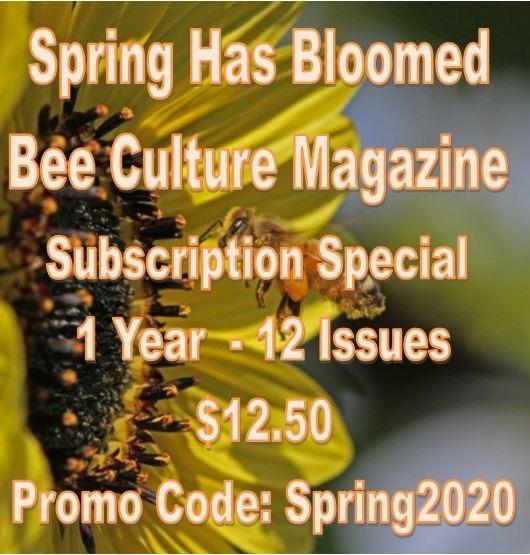Bee School 2020 Seeks Students
Story & Photos Contributed By: John Therriault
Harrisville, NH Beekeeper Suzanne Brouillette donated a Slovenian AZ hive for the MBA club Apiary at Stonewall Farm.
If you like fruits, vegetables or cook with vegetable oils, you have benefited from the pollination efforts of our insect partners on this planet. Each year, our native flies, hummingbirds, butterflies, bees and domesticated honeybees work to sustain themselves by consuming nectar and pollen from flowers and in the process set the fruit and fertilize the seeds that will become the next generation of these plants.
As the amount of land left in a natural state declines, the quantity and diversity of flowers decline. We have seen over the last 30 years the decline of native bumblebees and increased mortality of both wild and managed honeybee colonies.
I have been a beekeeper for a couple of years. The desire to “save the bees” got me interested in the hobby, however, after I had the privilege to observe and work with a bee colony through a season, I can tell you that the rhythm of a hive is nothing short of magical. The honeybee is a social insect that has evolved over millions of years.
Each bee in the colony has a specific task to promote the reproduction of the hive. Only one-third of the bees in the hive go out to forage on flowers while the rest of the colony stays home to raise the babies, take care of the queen and store and evaporate nectar into honey.
There is poetry in the comings and goings of bees at the entrance to a healthy hive. It is a wonderful hobby with a sweet reward.
The Monadnock Beekeepers’ Association (MBA) exists to “Help Bees and Beekeepers Thrive.” As part of this mission, the MBA and our partner Stonewall Farm, will be holding a Bee School for those who are interested in keeping honeybees starting in the spring. The classroom portion of the school consists of two four-hour sessions.
The first session, which is free, will be held Saturday, Feb. 1, from 9 a.m. to 1 p.m., at the Education Center at Stonewall Farm, 242 Chesterfield Road, Keene. At this session, new beekeepers will be exposed to the lifecycle of the honeybee, equipment and location requirements for keeping colonies of honeybees in our region.
The instructor will be Rick Church, who has kept bees in Nelson for more than 10 years and will discuss a variety of beekeeping practices but will emphasize the natural management techniques he uses with his own bees.
Students who elect to move forward after the first class will be given this year’s textbook, a membership to the Monadnock Beekeepers’ Association and a seat at the second class on Feb. 8. The price of the second class is $80.
Completion of the second class will allow a new beekeeper to purchase a nucleus hive of locally adapted bees to start their beekeeping journey. Students will also be able to buy wooden ware at a discount from New Hampshire Honeybee.
The MBA will assign each student a local mentor to answer those questions that come up after the classroom sessions and through the spring and summer. Students may bring a “bee buddy” to both classes at no charge.
To sign up for the first class, visit monadnockbeekeepers.com and click the tab for “Bee School.” Once your information is entered, you are all set to go.
The MBA maintains an observation hive at Stonewall Farm throughout the summer for the enjoyment of visitors and campers. The MBA also maintains an apiary at the farm for the purposes of providing hands- on education to new beekeepers and club members. This apiary is located near Stonewall’s greenhouses and contains Langstroth, Top Bar, Warre and AZ style hives. There is something for everyone.
Hands-on practical sessions will be held from March through August on the third Saturday of each month. The price for each session is $20, or as a package a student can attend all six sessions for $60. The subjects covered will be:
- March: Equipment and building frames
- April: Introducing nucleus hives or package bees to a new hive
- May: Hive inspections and swarm prevention
- June: Summer management and mite control
- July: Queen replacement and dearth mitigation
- August: Honey harvest; fall and winter procedures.
Come join the more than 200 beekeepers who host honeybee colonies in the Monadnock Region. Yes, you may get stung along the way, but the rewards of hosting a colony or two more than compensate.
______________________________________________________________________________________________________________________________________










